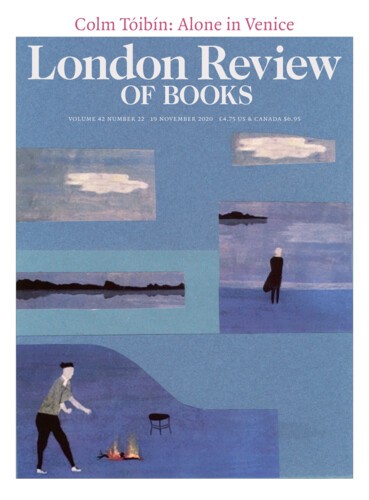Going Up: The View from Above
Tobias Gregory, 18 May 2023
Imagine you could fly, above rooftops and mountaintops, beyond the Earth’s atmosphere, up and out to the planets, to the stars. When we take such flights of the mind today, we do so with imaginations conditioned by the experience of actual flight, direct or vicarious. Even if you’ve never been on a plane, you know that others have. Most of us haven’t been to space, but...





